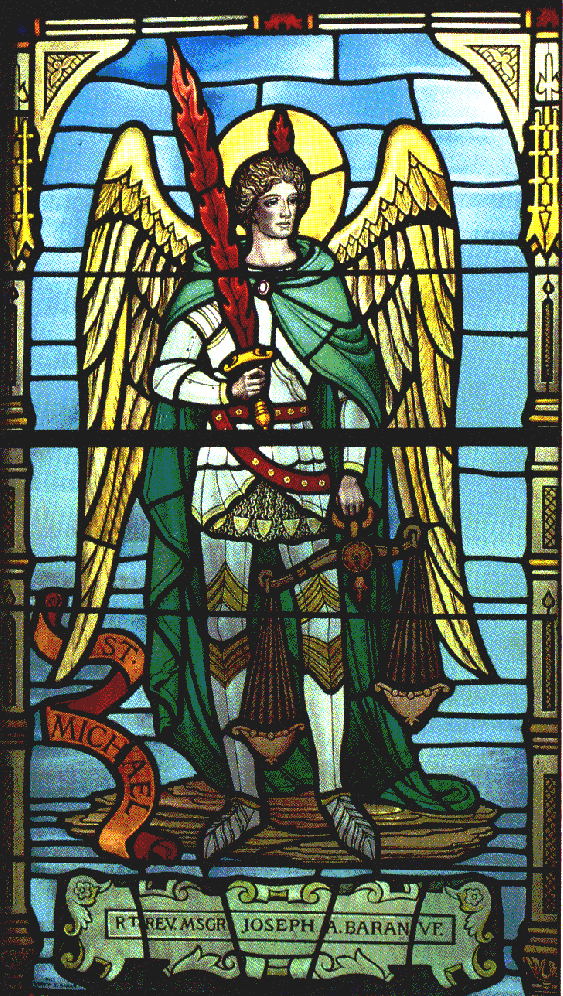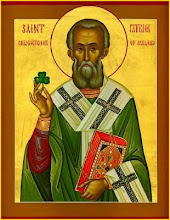Gen 4:10 ~ Cain spoke to Abel his brother. And when they were in the field, Cain rose up against his brother Abel and killed him. Then the LORD said to Cain, "Where is Abel your brother?" He said, "I do not know; am I my brother's keeper?" And the LORD said, "What have you done? The voice of your brother's blood is crying to me from the ground.
We discussed last time that Cain’s first wrong was that he most likely did not take as much care in his choice of offerings to God. His second wrong was that he refused to take responsibility for his own actions. According to the text, his next two wrongs were these: that he used his brother’s trust to lure him to a field, and that once they were there, he killed his brother. Finally, instead of confessing his crime to God, he hid the whole business.
I would like to deal with Cain’s question, “am I my brother’s keeper?” The world tells us that we need only think of ourselves, and the only thought that we should give to others is to keep up with their successes so that we might do better. The fact of the matter is that the answer to Cain’s question is yes, we are our brothers’ keepers. The Law of Moses required land-owners to leave the edges of their fields un-harvested in order that the poor would have something to eat, among other things.
Our Lord had a few things to say on this as well:
When the Son of Man comes in his glory, and all the angels with him, then he will sit on his glorious throne. Before him well be gathered all the nations, and he will separate people one from another as a shepherd separates the sheep from the goats. And he will place the sheep on his right, but the goats on the left. Then the King will say to those on his right, 'Come, you who are blessed by my Father, inherit the kingdom prepared for you from the foundation of the world. For I was hungry and you gave me food, I was thirsty and you gave me drink, I was a stranger and you welcomed me, I was naked and you clothed me, I was sick and you visited me, I was in prison and you came to me.' Then the righteous will answer him, saying, 'Lord, when did we see you hungry and feed you, or thirsty and give you drink? And when did we see you a stranger and welcome you, or naked and clothe you? And when did we see you sick or in prison and visit you?' And the King will answer them, 'Truly, I say to you, as you did it to one of the least of these my brothers, you did it to me.'
"Then he will say to those on his left, 'Depart from me, you cursed, into the eternal fire prepared for the devil and his angels. For I was hungry and you gave me no food, I was thirsty and you gave me no drink, I was a stranger and you did not welcome me, naked and you did not clothe me, sick and in prison and you did not visit me.' Then they also will answer, saying, 'Lord, when did we see you hungry or thirsty or a stranger or naked or sick or in prison, and did not minister to you?' Then he will answer them, saying, 'Truly, I say to you, as you did not do it to one of the least of these, you did not do it to me.' And these will go away into eternal punishment, but the righteous into eternal life." Matt 25:31-46 (ESV)
The only conclusion to be gleaned is that we are, indeed, our brothers’ keepers. The purpose of one man’s strength is to lift up his neighbor who is weaker…or less strong if the word weak offends your sensibilities. To quote Mel Gibson’s character, William Wallace, in the movie Braveheart while speaking to Robert the Bruce, “You believe the people exist to provide you with possession, but I believe your possession exists to provide the people with freedom.” This is a specific way of lifting up our brother, but you get the point. Here’s another: “much is expected of those to whom much is given.” These are both ways of saying the same thing: the things we have – possessions, talents, blessings – are given to us so that we might pass them on to those who do not have them.
Peace,
Jerry
<><









No comments:
Post a Comment